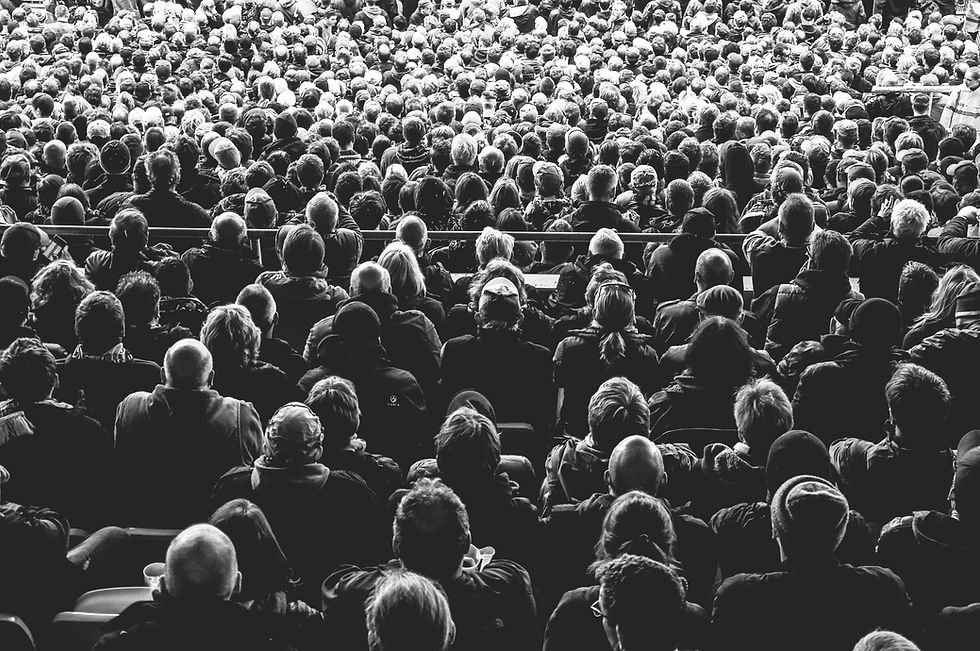CITIZEN JOURNALISM: A NATIONS SAVING GRACE
- Lauren

- Aug 12, 2021
- 2 min read
Updated: Aug 26, 2021
For decades media and news outlets have shared the responsibility of documenting, recording and presenting world affairs and issues to the greater population of society. Whilst in many countries it is considered standard practice, for some, the projection of news is a luxury and often a very dangerous task. As a result, we have seen a rise in citizen journalism to help carry the weight of societies right to know what is happening in their community.
Citizen journalism is defined as public citizens "playing an active role in the process of collecting, reporting, analysing, and disseminating news and information" (Blaagaard, 2013).
However, this self attained medium of journalism is widely criticised for its reliability in the reporting world; with many being skept of its ethical standard. This being said, a debate arises; on one hand citizen journalism is amazing in its ability to report on world news, all while remaining insignificant to the government and low in risk. This only due to the lack of a large red and white target on ones back when reporting with an iPhone rather than an entire news crew. Oppositely however, citizen journalism enables individuals to report on and publicise whatever they want, which ultimately creates room for large bias and a lack of integrity in the presentation of information.
Keeping this in mind, although somewhat controversial, personally i believe the act of citizen journalism is somewhat a dire outlet especially in third-world and non-westernised countries where government, politics, power and money controls what media is being presented to the people. Here, citizen journalism
"has the power to expose injustice and to hold government and corporations accountable to the public interest"
(Ninja, the rise of citizen journalism in Brazil | Hivos, 2021).
This is particularly evident in Brazil. During a recent movement when thousands of Brazilians were in the streets actively protesting Government spending and education, citizen journalists got to work reporting on the issue from the peoples perspective, being somewhat braver than media companies. Larger media agencies were seen projecting the issue on national tv from rooftops a fair distance from where the protest was happening, producing only a glimpse at the injustice being served down below. It was instead the actions of citizen journalists that were praised for exposing the truth and harsh reality of this issue on Brazilian society. They were seen in the crowds with the protestors interviewing and speaking to the people individually about the issues they faced, all while broadcasting the events live on their phones.
"During the country's recent unrest, the citizen journalists were hailed as an alternative to major media outlets"
(Citizen journalists take on Brazil's media | DW | 05.08.2013, 2021)
Later, Journalist and media professor Sylvia Debossan Moretzsohn told DW,
“They fill a hole, especially because they rediscover the art of the street feature. It’s a form to document reality.” “They also address aspects that are not part of the traditional media’s coverage or are only covered to a minimal extent, because the traditional media are held hostage by official sources and press offices.”
Here it is not only evident how citizen journalists are an asset to society, particularly in disadvantaged nations, but how they are a necessity in reporting raw news and real issues.





Comments